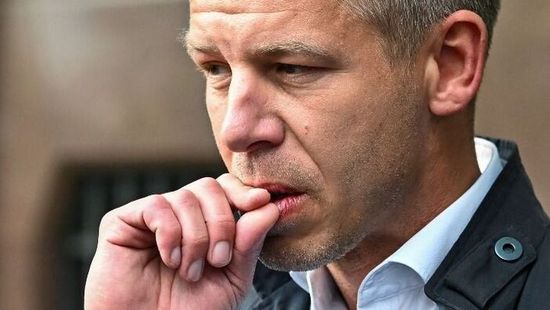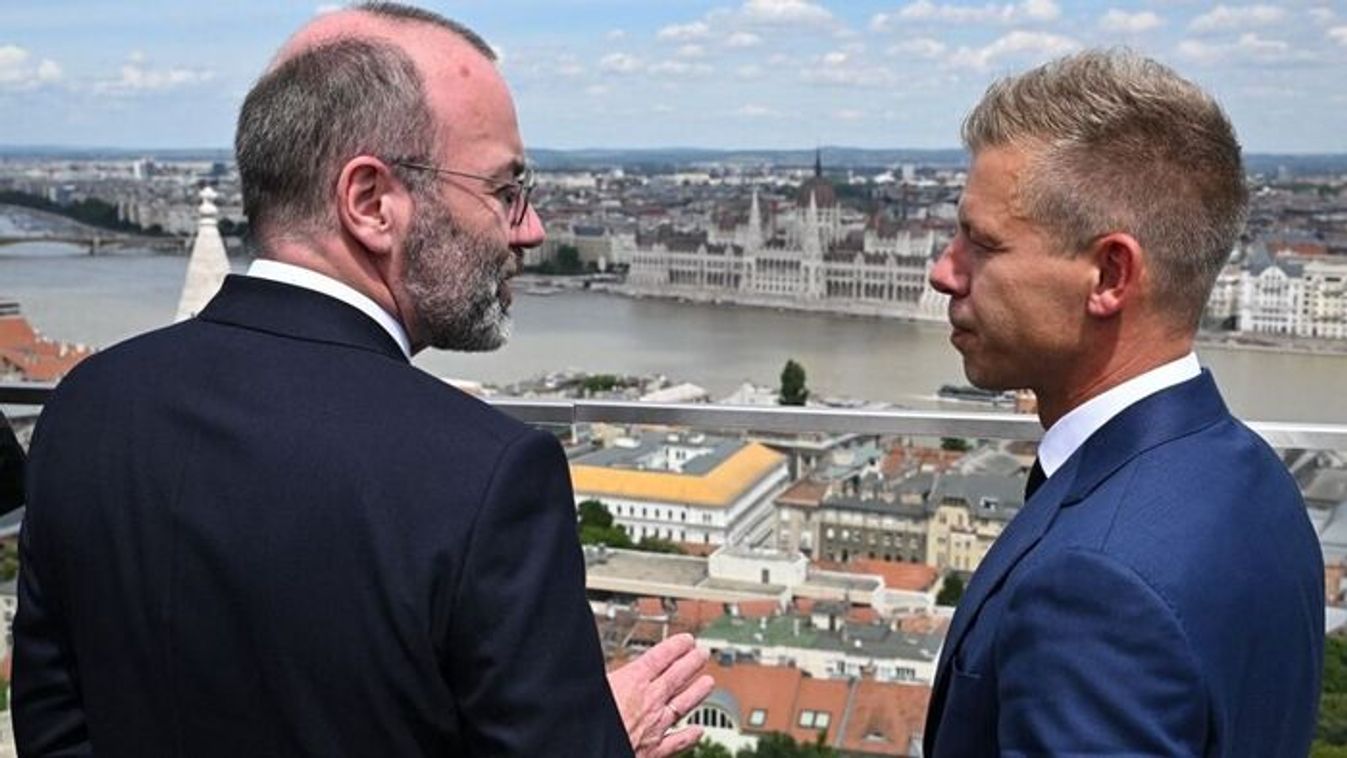Ez is napvilágot látott: Magyar Péter tudhatta, milyen bosszút forralnak Magyarország ellen

A szakértő szerint közölték a Tisza Párt elnökével, mi a feltétele a hivatalban maradásának.

Our hands. They sweat on the cold bottle, and our clothes smell of gasoline. Although it's cold, the window is open, and perspiration drips from our forehead. The buzz gets stronger and stronger. The few remaining shards of glass clink in the broken window. The watcher hiding on the upper story of the building opposite raises his hand. It's our signal. Running to the window. Throwing without aiming.
The BTR-40 armored personnel carrier rolls down the street, top open. The soldiers crouched inside know as well as we do how vulnerable they are, and they open fire in total panic on everything that moves. Shots strike our building two windows away. We can't see who we've hit below. Flee from the window, rush from the flat, through the corridors, down the stairs, through the broken fence in the backyard. If anything survived on the street, they will open fire on the house with heavy artillery.
Would we dare to do it, you and I? For such a totally abstract, intangible, stupid thing as freedom, giving up life, family, existence, home and homeland? What is it like when they open fire on you? What does it feel like when artillery opens up on the building standing over your head? What is it like to fight when you know that you don't have any chance? Because you're totally outnumbered and the other side is more heavily armed and trained to fight. Because the supposed geo-strategic interests dictate that you should die fighting behind the sorry cobblestone barricade, disemboweled. What is it like to know that a mission is good and worthy, to believe in it, even if everyone says you're crazy or a despicable lowlife? And you live through it. The beatings, the long silence before the sentencing, the prison at Márianosztra, the demeaning work in the translation office, the decades of neglect, the reproachful gaze of your child when the university rejection letter arrives. That's all your fault. And then the wife leaves because she cannot stand any longer the pointing and whispering at the market. You've changed too since prison. You have nightmares, you're irritable and often drunk. And then in the twilight of a life that has slipped away, the official representatives of the official state proclaim, "Alas, we were mistaken. You were right. You did a great job." Now finally free to recount, you realize that your stories, your miseries interest nobody at all. Not your family, not even your grandchildren.

Now we have more serious things to do, Grandpa. Freedom has changed. It means a family service pack from the cable provider, a choice of insurance and budget airlines. We do not protest. We do not speak up. This is not that world anymore. We have loans to pay off, and it would not be good to get fired from our job. It would not be a good thing if our face appeared in some online pictures or videos before the next job interview. We are right, they are right. This is freedom also, of course.
If we insist on thinking of our history in decades and accord the fiftieth anniversary(*) some kind of iconic respect, then we should stop at least for a moment to think about those heroes. They do not bear the face of Clint Eastwood. Our 56ers are usually old chain-smokers with wrinkled faces, thrombosis in their legs, and a hundred other health problems, embittered and wild. Before we judge them, let us recall what they did during those 13 days. They lived out what we dreamed of as adolescents. They fought for freedom, the real cowboys and Indians. Sometimes black and white truly exists in the world. Our old 56ers are testimony to that fact. They will not be long among us. Respect them. The old 48er soldiers, who became rural museum guards in their faded brown uniforms after the compromise, were not somehow greater than our 56ers. They were in many ways the same. They bickered with one another in their veterans' organizations. They were morose, loudmouthed and violent, crabby and disagreeable in the way they shook their canes at little children. And yet the 48ers were respected by that Hungary. Because they had really done something. Because then they believed in something called homeland. And freedom meant the same.
If you can, find some time on the 23rd of October or during these 13 days of the uprising to watch the trailer of Szabadság, Szerelem (it brought me to tears). Or take a walk to the headquarters of Magyar Radio. To the Castle of Kiscell. To the Corvin köz. To Tompa Street. To the Technical University. To Juta Hill. To Baross Square or to Pesterzsébet, close to the railway station, where the Regiment of Kiskunhalas executed freedom fighters. No need for flowers, no need for speeches. Half a minute. That's all.
Listen to the wind. This wind blew that day too. And it will blow another day when we are no longer living.
Let it make us all more humble.
(* This article originally appeared in Hungarian in the print edition of Ufi in October, 2006. We republish it here in English as a tribute to the 56th anniversary of the 1956 Freedom Fight. Respect our heroes, respect those boys of Pest!)